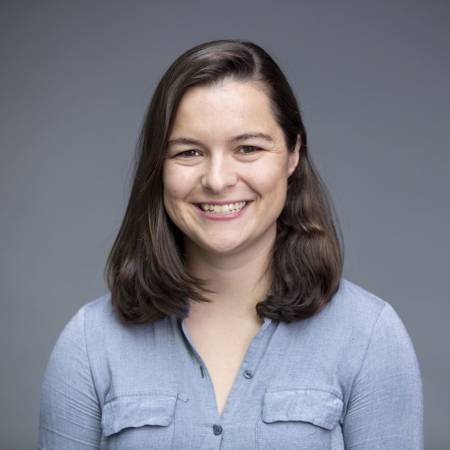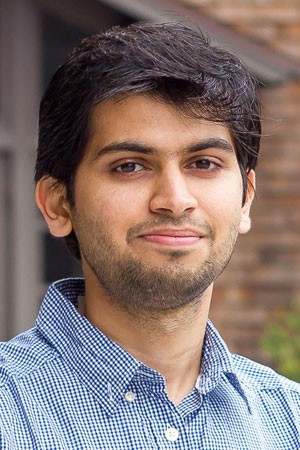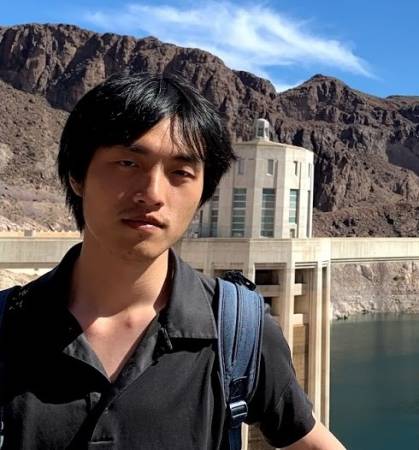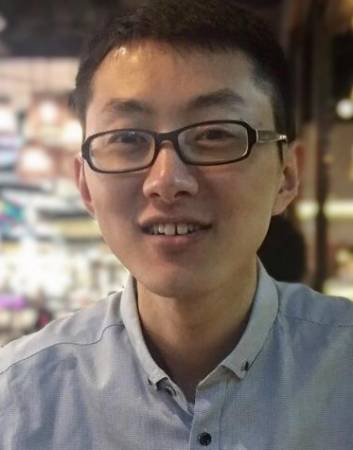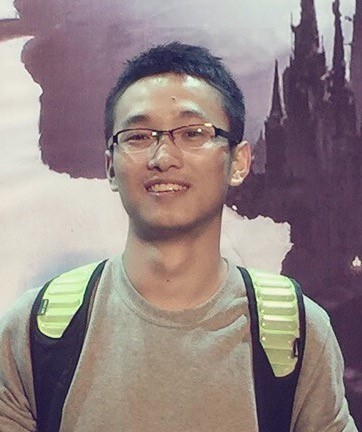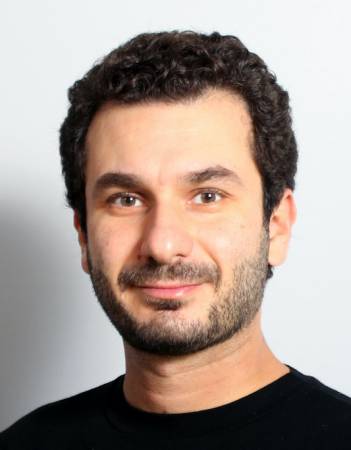Seminar
Data Scalability for Robot Learning
Abstract: Recent progress in robot learning has demonstrated how robots can acquire complex manipulation skills from perceptual inputs through trial and error, particularly with the use of deep neural networks. Despite these successes, the generalization and versatility of robots across environment conditions, tasks, and objects remains a major challenge. And, unfortunately, our existing algorithms and [...]
Carnegie Mellon University
Learning to Generalize beyond Training
Abstract: Generalization, i.e., the ability to adapt to novel scenarios, is the hallmark of human intelligence. While we have systems that excel at cleaning floors, playing complex games, and occasionally beating humans, they are incredibly specific in that they only perform the tasks they are trained for and are miserable at generalization. One of the [...]
Detecting Image Synthesis — Shallow and Deep
Abstract: The proliferation of synthetic media are subject to malicious usages such as disinformation campaigns, posing potential threats to media integrity and democracy. A way to combat this is developing forensics algorithms to identify manipulated media. In the beginning of the talk, I will discuss how one can train a model to detect photos manipulated [...]
Deep Learning to Distinguish Recalled but Benign Mammography Images in Breast Cancer Screening
Abstract: Breast cancer screening using the standard mammography exam currently exhibits a high false recall rate (11.6% for women in the U.S.). Only a low proportion (0.5%) of women who were recalled for additional workup were actually found to have breast cancer. As a result of the unnecessary stress and follow-up work from these false [...]
The Plenoptic Camera
Abstract: Imagine a futuristic version of Google Street View that could dial up any possible place in the world, at any possible time. Effectively, such a service would be a recording of the plenoptic function—the hypothetical function described by Adelson and Bergen that captures all light rays passing through space at all times. While the plenoptic function [...]
Photorealistic Reconstruction of Landmarks and People using Implicit Scene Representation
Abstract: Reconstructing scenes to synthesize novel views is a long standing problem in Computer Vision and Graphics. Recently, implicit scene representations have shown novel view synthesis results of unprecedented quality, like the ones of Neural Radiance Fields (NeRF), which use the weights of a multi-layer perceptron to model the volumetric density and color of a [...]
Towards Discriminative and Domain-Invariant Feature Learning
Abstract: Deep neural networks have achieved great success in various visual applications, when trained with large amounts of labeled in-domain data. However, the networks usually suffer from a heavy performance drop on the data whose distribution is quite different from the training one. Domain adaptation methods aim to deal with such performance gap caused by [...]
Learning Efficient Visual Representation on Model, Data, Label and Beyond
Abstract: Efficient deep learning is a broad concept that we aim to learn compressed deep models and develop training algorithms to improve the efficiency of model representations, data and label utilization, etc. In recent years, deep neural networks have been recognized as one of the most effective techniques for many learning tasks, also, in the [...]
Self-supervised Learning and Generalization
Abstract: Contrastive self-supervised learning is a highly effective way of learning representations that are useful for, i.e. generalise, to a wide range of downstream vision tasks and datasets. In the first part of the talk, I will present MoCHi, our recently published contrastive self-supervised learning approach (NeurIPS 2020) that is able to learn transferable representations [...]
Enabling Robots to Cooperate & Compete: Distributed Optimization & Game Theoretic Methods for Multiple Interacting Robots
Abstract: For robots to effectively operate in our world, they must master the skills of dynamic interaction. Autonomous cars must safely negotiate their trajectories with other vehicles and pedestrians as they drive to their destinations. UAVs must avoid collisions with other aircraft, as well as dynamic obstacles on the ground. Disaster response robots must coordinate [...]
